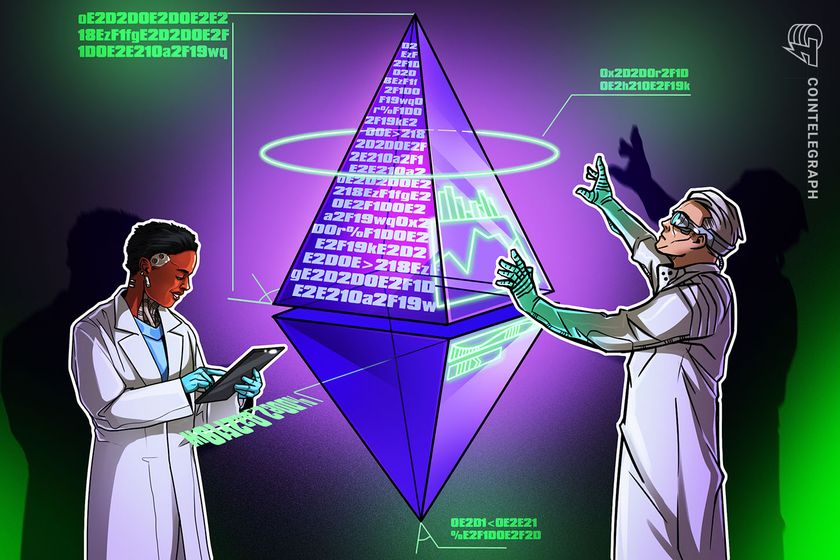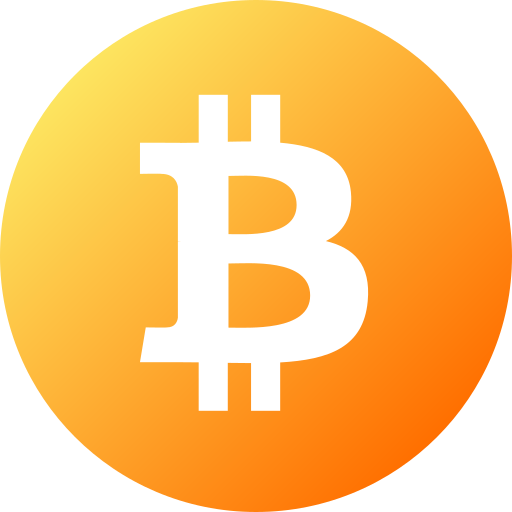

Big Four accounting company EY, beforehand Ernst & Young, has modified its enterprise-focused Ethereum layer-2 blockchain Nightfall to a zero-knowledge rollup design as a result of it says firm consumers are additional cozy with privateness choices with easing US sanctions.
EY said in an April 2 announcement that Nightfall’s new provide code, “Nightfall_4,” simplifies the group’s construction and offers near-instant transaction finality on Ethereum whereas making it additional accessible to prospects than its earlier optimistic rollup-based mannequin.
EY’s world blockchain chief, Paul Brody, instructed Cointelegraph that switching to a ZK-rollup model “means instant finality, but it also makes operations simpler since you don’t need a challenger node to secure the network,” which verifies the correctness of transactions.
The move away from optimistic rollups means Nightfall prospects gained’t should downside most likely incorrect transactions on Ethereum and wait out the troublesome interval, leading to faster transaction finality.
No such attribute is present with zero-knowledge rollups, which implies {{that a}} transaction turns into remaining as rapidly because it’s added proper right into a Nightfall block, EY said.
It is the fourth essential exchange to Nightfall since EY launched the business-focused Ethereum layer 2 in 2019.
Nightfall permits the company’s enterprise companions to transfer tokens privately using Ethereum’s security whereas being cheaper than the underside group. It moreover makes use of a experience that binds a verified identification to a public key by the use of digital signatures to aim to stem counterparty hazard.
Nixed Tornado Cash sanctions “helped people feel comfortable”
Brody said the US Treasury’s Office of Foreign Assets Control (OFAC) sanctions on the crypto mixing service Tornado Cash “had a chilling effect on legitimate business user interest.”
“Even though we long ago took steps to make Nightfall unattractive to bad actors, since it cannot be used anonymously, the removal of OFAC sanctions has really helped people feel comfortable that using a privacy technology will not be risky,” he added.
Nightfall’s code is open source on GitHub nevertheless stays a permissioned blockchain for EY’s purchaser base, competing with the likes of the IBM-backed Hyperledger Fabric, R3 Corda and the Consensus-built Quorum.
Brody said that EY’s blockchain workforce is working in the direction of “a single environment that supports payments, logic, and composability.”
Currently, the company requires Nightfall and Starlight, a instrument that will change good contract code to permit zero-knowledge proofs “to enable complex multiparty business agreements under privacy,” he added.
“We’ll spend some time supporting Nightfall_4 deployments initially,” Brody said. “Then we’ll move on to the development of Nightfall_5.”
Magazine: What are native rollups? Full guide to Ethereum’s latest innovation
Read MoreCointelegraph.com News
